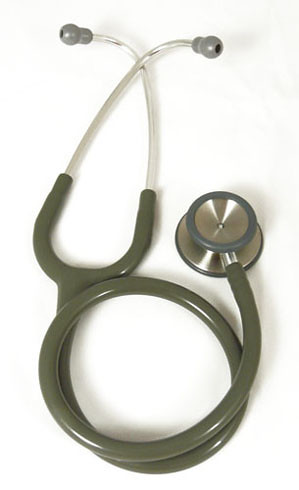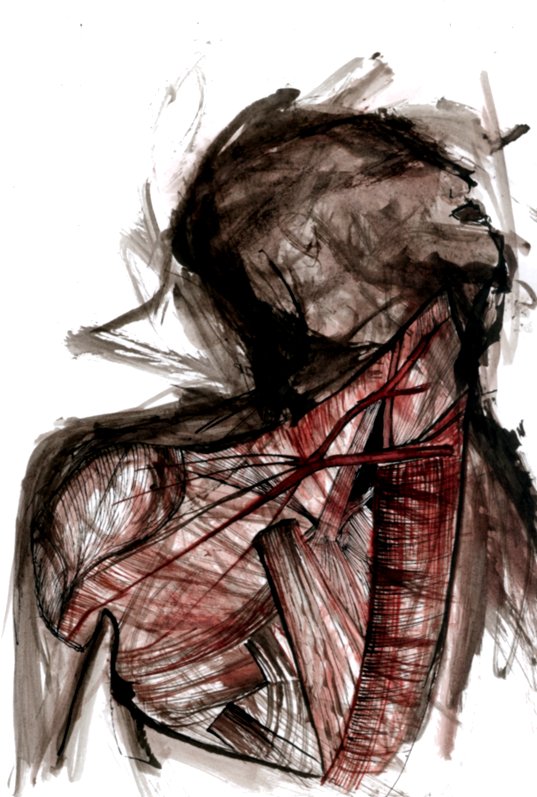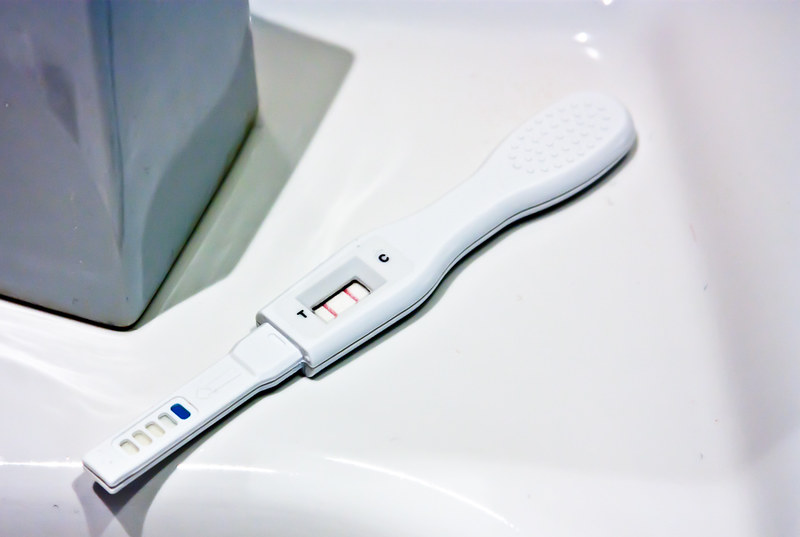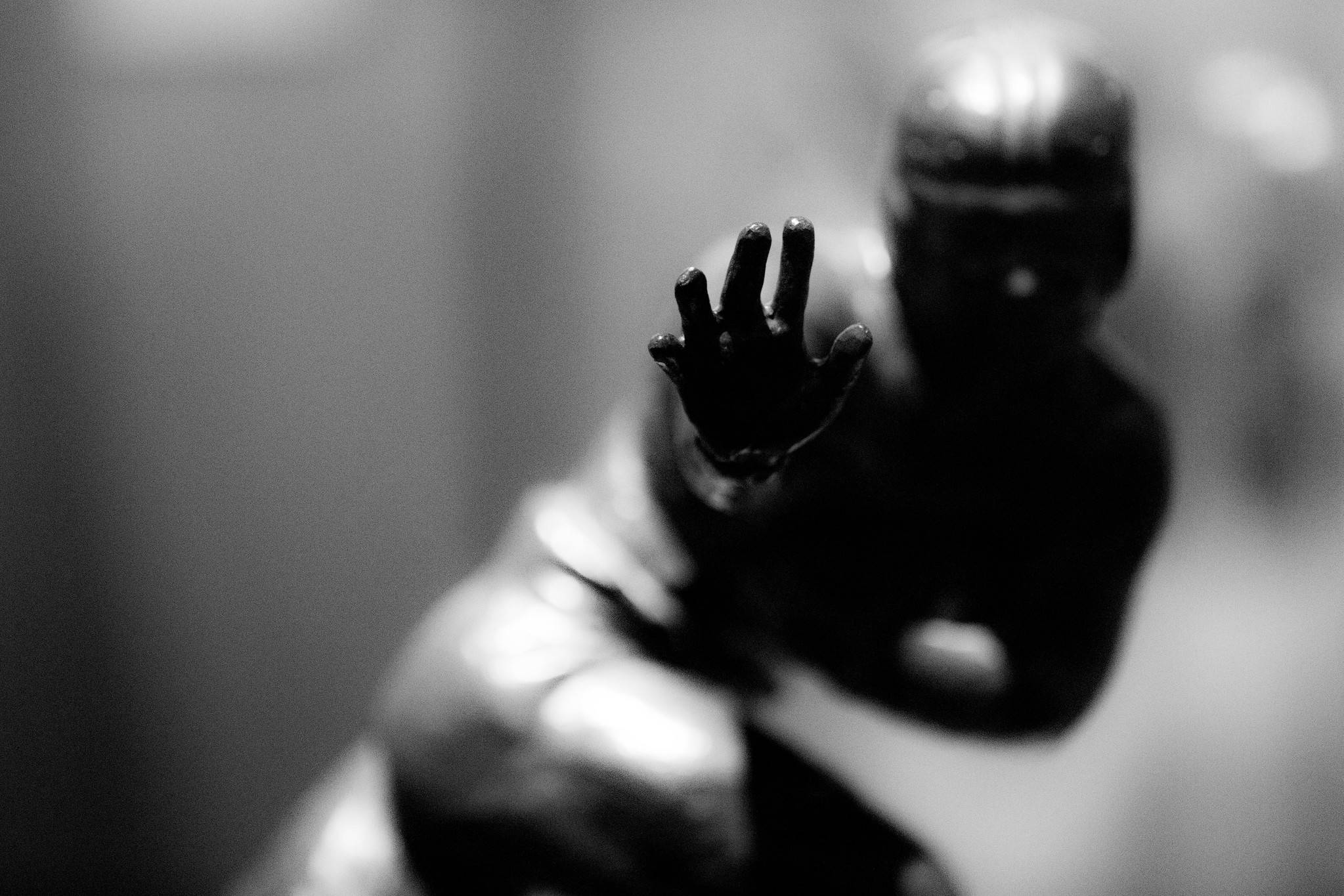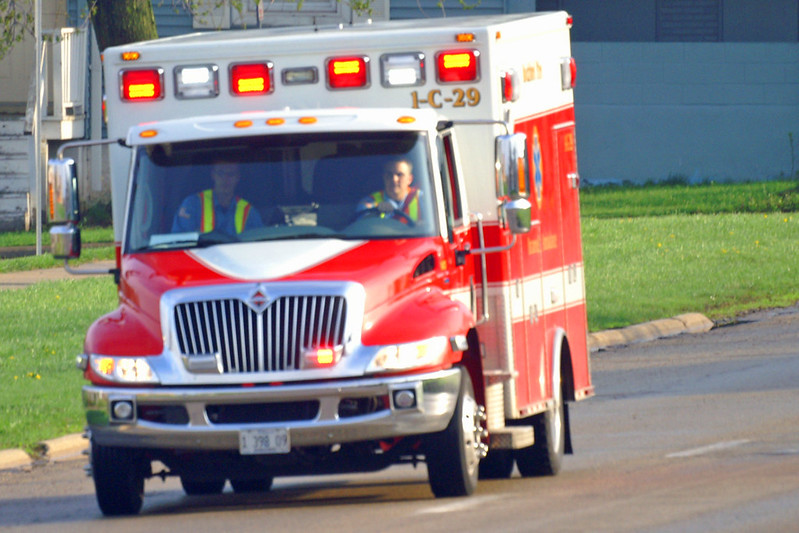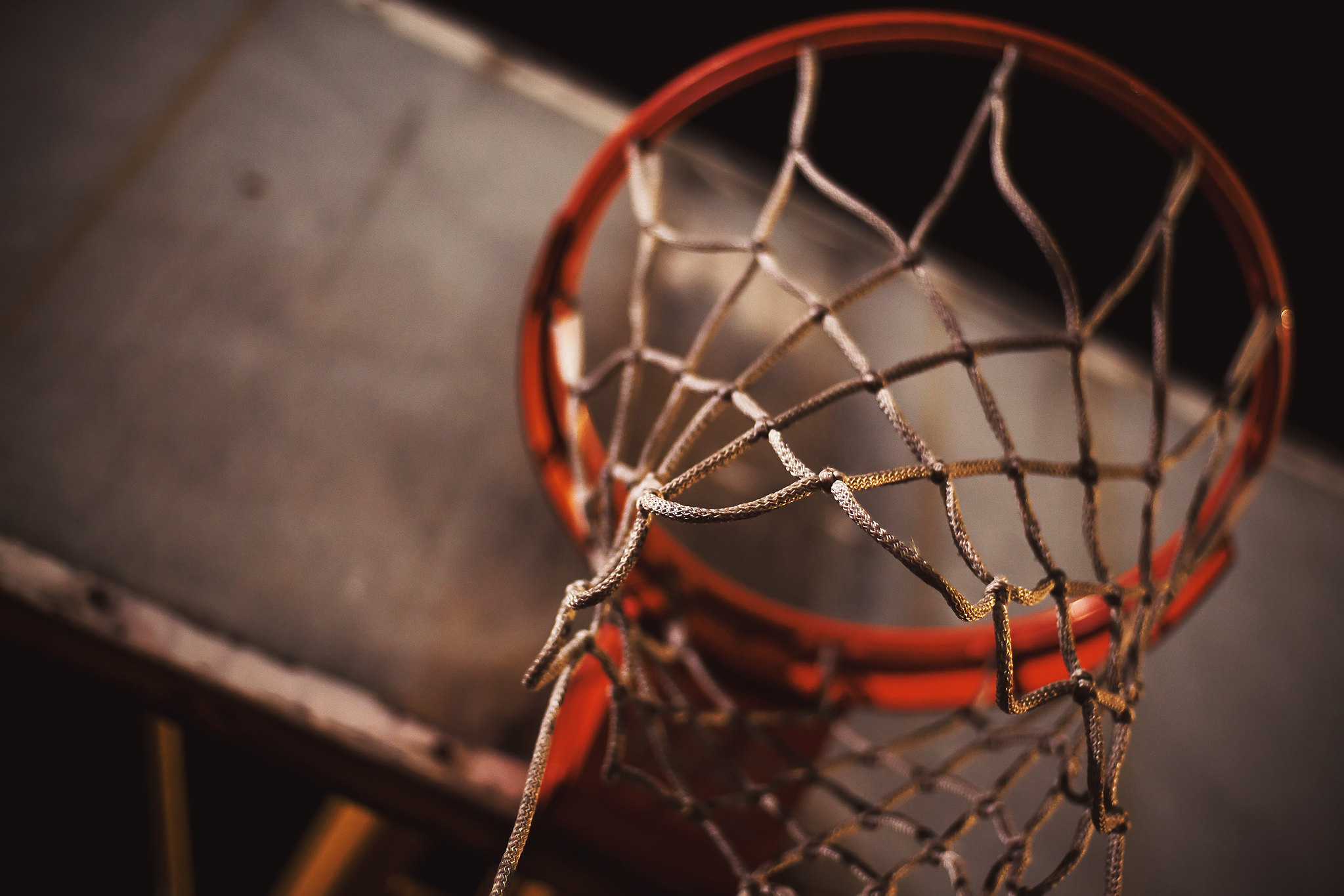Still Here: My Experience with Repeating a Year of Medical School
Within the first week, the excitement I felt at my white coat ceremony quickly faded as I became overwhelmed and fell behind. Even with seemingly endless hours of studying, I was still doing poorly. I was exhausted every day and neglecting my well-being. For the first time in my life, my hard work was not paying off.

